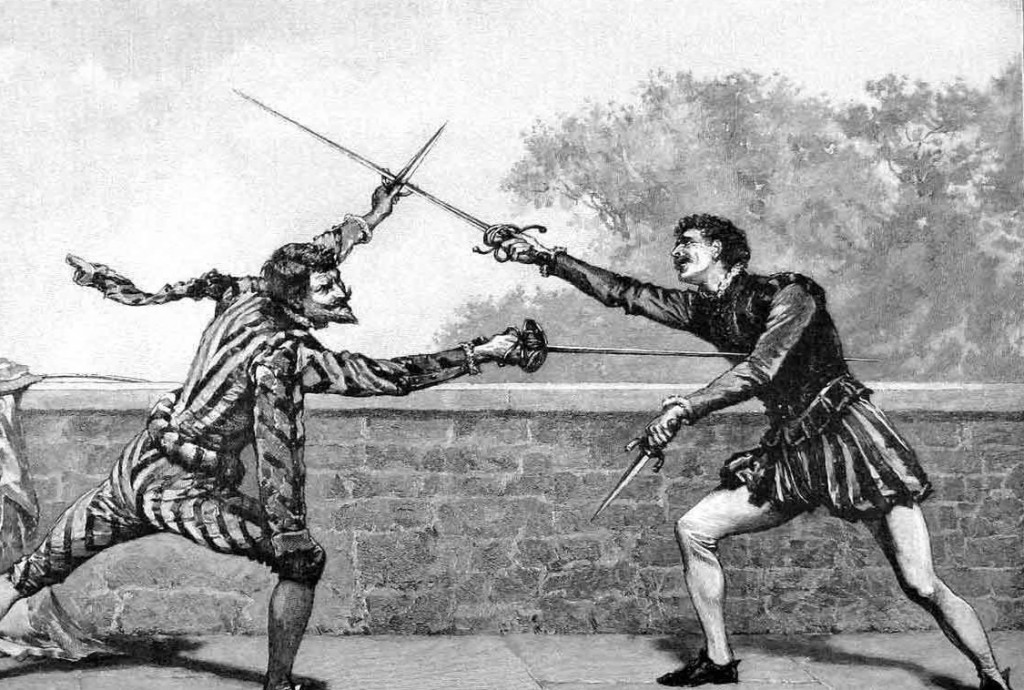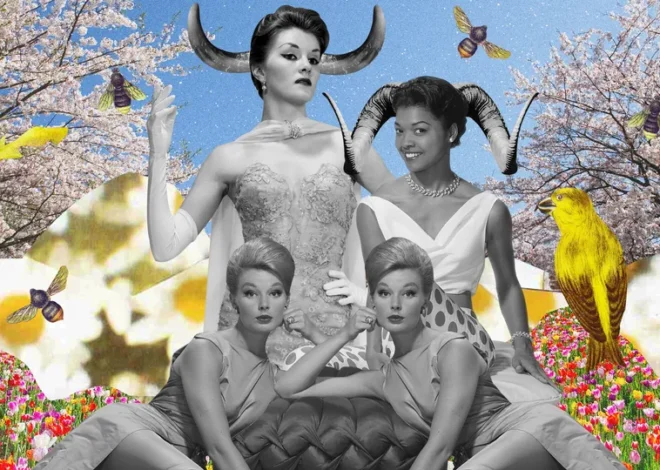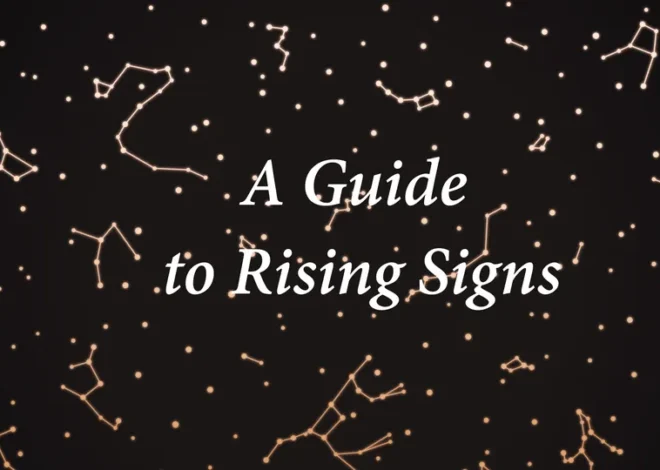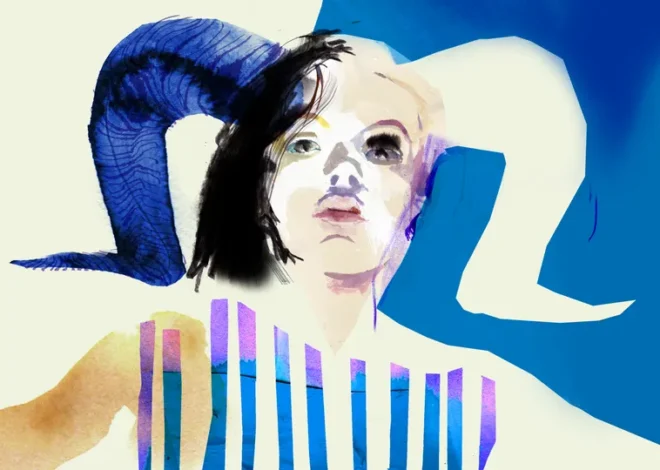
Veteran News Reporter Defends Astrology’s Honor
As a correspondent for CNN and Atlanta Bureau Chief for the Washington Post, journalist Art Harris won two National Emmy Awards and 11 National Headliner Awards for consistently outstanding feature writing and investigative reporting. Working as an investigative correspondent for CNN, he won Emmys for breaking news coverage of the Oklahoma City bombing and Atlanta’s Olympic Park bombing. He picked up three Cine Gold Eagle awards for outstanding CNN documentaries, won an American Women in Radio and Television Award for the positive portrayal of women, and a Joan Barone Shorenstein Award for outstanding documentary coverage of election issues.
A former U. S. Navy officer, Harris covered the 2003 Iraq War for CNN in a hair-raising stint as an embedded reporter with the 2nd Marine Division. Over the past three decades, he has covered virtually every news story of consequence for various news outlets. For example, he is the Washington Post reporter who broke the story on the no-tell motel on Airline Highway where the Reverend Jimmy Swaggart often met with a prostitute while attacking other TV preachers for indiscretions of their own. Following the attack on the World Trade Center on Sept. 11, 2001, he traced several hijackers to the Atlanta motel and the local flight school they used to train while preparing for the attack, again for CNN. As part the team that won a first place National Headliner award for investigative reporting.
The veteran investigative journalist earned a reputation for digging and getting it right – and while he has not cast his investigative journalist’s eye on astrology, he has used respected members of our profession to delineate his chart and provide what he calls “a valuable reality check and sounding board for patterns in my life.” He plans to share his ideas on how astrologers can win over his skeptical media colleagues when he participates in a panel discussion devoted to the subject at the United Astrology Conference (UAC) in New Orleans May 24. More information on this program is available here.
In an interview, Harris answered the following questions for the Astrology News Service (ANS):
ANS: You’ve checked it out. What do you really make of astrology?
Harris: From childhood I remember reading the comics and Sydney Omarr’s astrology column was on the same page. I’m not sure how I figured it out, but recognized that my birthday qualified me as a Pisces. I was hooked – peeking at what he said the stars had to say about the day and how it would go. I know, very shallow of me. But the column and others, however shallow, made astrology hugely popular on a very superficial level to millions of people. Most don’t take it further or realize there’s much more to astrology than Cliff’s Notes or the fortune cookie in a Chinese restaurant.
ANS: At what point in your life did you realize there might be more to astrology than sun-sign columns?
Harris: When I moved to San Francisco to write for the San Francisco Examiner and freelance for Rolling StoneI rekindled an interest in Eastern religions and other spiritual pursuits, even tracked down an ex-NFL linebacker to an ashram in India who said meditation took away his anger and violent streak in a profile for the Washington Post. Intrigued by the icons from the hippie days, I was able to interview the late (“tune in, turn on, drop out” guru)Timothy Leary and poet Alan Ginsberg. And I became friends with the late gonzo journalist Hunter Thompson. When I broke the Jimmy Swaggart hooker story, Hunter sent a fax to CNN declaring me to be “an evil, chrome-dome, scorpion…with more skeletons in his closet that Pol Pot.” It was during this period that I decided to get my astrology chart done to see if it could be useful in helping me figure out just what those skeletons were rattling around in my closet.
ANS: What did you learn?
Harris: I found the readings to be valuable as a reality check and sounding board for patterns in my life – what to look for and look out for. And I learned that an astrological chart is not a crystal ball that describes what will happen but a road map that can offer perspective on how the road might wind.
ANS: What’s the best advice an astrologer has ever given you?
Harris: Our astrologer (David Railey of Atlanta) helped my wife Carol and I pick an auspicious wedding date, November 11, 2000. And now, 12 years later, I can say we’re still going strong. We also asked David to look at a favorable window for my back surgery in 2007 and it was a big success. Carol gave my sons readings for birthday presents this year and says “they were blown away.”
ANS: What’s far and away the most interesting story you’ve ever covered?
Harris: Impossible to say, but stories where power, ambition, sex, greed, murder, money, religion and politics are in the mix – and certainly riding with the 2nd Marines during the Iraq invasion.
I remember Swaggart lusting after Jim and Tammy Faye Bakker’s powerful TV satellite that beamed religious programs across the country, and he used Bakker‘s tryst with a babysitter to get him defrocked. What a window on America. These were the same powerful TV preachers courted by Presidents for their clout. I called them “Godfathers of the Gospel,” televangelists in search of ratings and market share who were bumping each other off, not with bullets but sex scandals.
The last race of Louisiana Governor Edwin Edwards, who later went to prison on federal corruption charges, stands out. When I interviewed him he was flying high , leading in polls that also showed voters believed he was a crook. How can that be? I asked him. “Cher, lemme tell you,” he said in his charming Cajun lilt. “I ain’t never been caught in bed with a live boy or a dead woman.” That made headlines!
But for sheer drama I’d say true crime stories like Atlanta’s missing and murdered children case and the conviction of the first African-American serial killer. Covering O.J. Simpson’s murder trial for CNN and Michael Jackson’s molestation trial are other examples. And in between was investigating the death of Princess Diana in Paris, the Oklahoma City bombing and covering domestic terrorists like bomber Timothy McVeigh. There also was Atlanta’s convicted Olympic Park bomber Eric Randolph, who hid from the FBI in the rugged mountains of North Carolina for five years. Who knows, maybe they should have used a criminal astrologer, if there is such a thing.
ANS: What was it like being an embedded reporter with the 2nd Marine Division?
Harris: While writing about the hunt for Osama Bin Laden I volunteered to be an embedded journalist for CNN and wound up riding shotgun with a light armored recon unit during the Iraq invasion. Nothing as exhilarating as getting shot at, except getting shot at and missed. At a low point I had to break the tragic friendly fire story of a U.S. Air Force A-10 that mistook a Marine unit for enemy Iraqi troops and unleashed rockets and 20mm cannons. Eighteen Marines died in the crossfire and my story sparked the Pentagon to re-open the investigation. I was later invited to speak to the Army War College and showed video I’d shot in Nasyria, a pivotal battle and one of the bloodiest in the Iraq campaign.
Out of all that, what I value most are the close bonds with the young Marines who kept me safe and trusted me to tell their stories, brave guys not much older than my own sons. During lulls in the fighting, they lined up to use my sat phone, and to play ghost writer on my laptop, sending missives to wives and girlfriends back home.
“What’s her name, son?” I asked one.
“Judy”
“What do you want to tell her?”
Just say, I’m fine and miss her.”
He showed me her photo. “Don’t you want to say you miss her beautiful blue eyes, her soft white skin and the beautiful curve of her neck?” I asked?
“Yes sir, write that!”
ANS: Is it fair for the media to refer to astrology as entertainment? What might a more accurate description be?
Harris: First, it is entertaining. To hear an astrological explanation for why a politician keeps getting caught with other women, or why a celebrity can’t stay out of jail, or rehab is entertaining. But a more serious forecast about the way an election might turn out – or what the economic outlook will be – should generate more interest in the media and maybe even more respect for astrology in the long run. Especially if you can back up stories with studies that link stars to science and certain patterns to public peccadillos of politicians and others. Venus on the loose?
ANS: Is there something astrologers can or should be doing to change the public’s perception of astrology?
Harris: The more the community is able to attach its message to breaking news the better. Keep doing studies, making forecasts about major events, profiling newsworthy personalities and offering insights into why certain things have happened the way they have. Also, predict what might be new on the horizon. Then go back and take credit or blame for getting it right or wrong. Being transparent and not taking yourself too seriously can work wonders.
But the biggest sin in the media is to be wrong and boring, not necessarily in that order.


